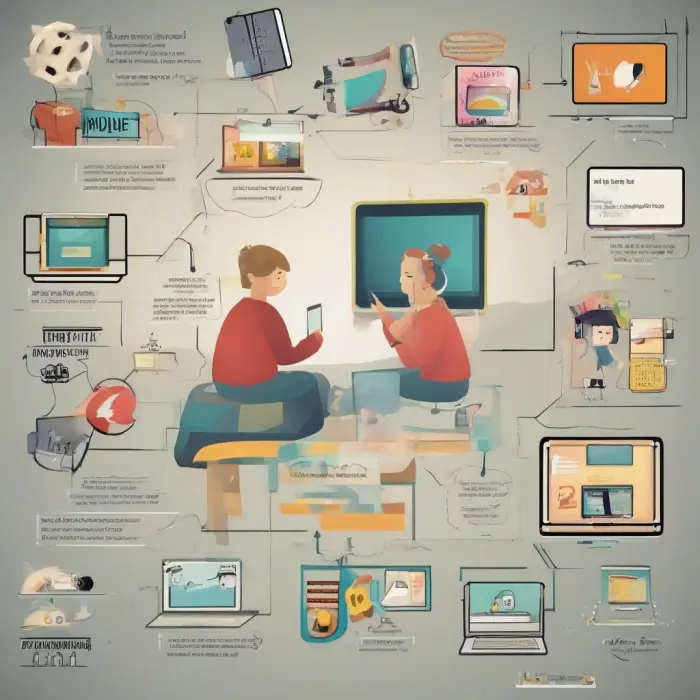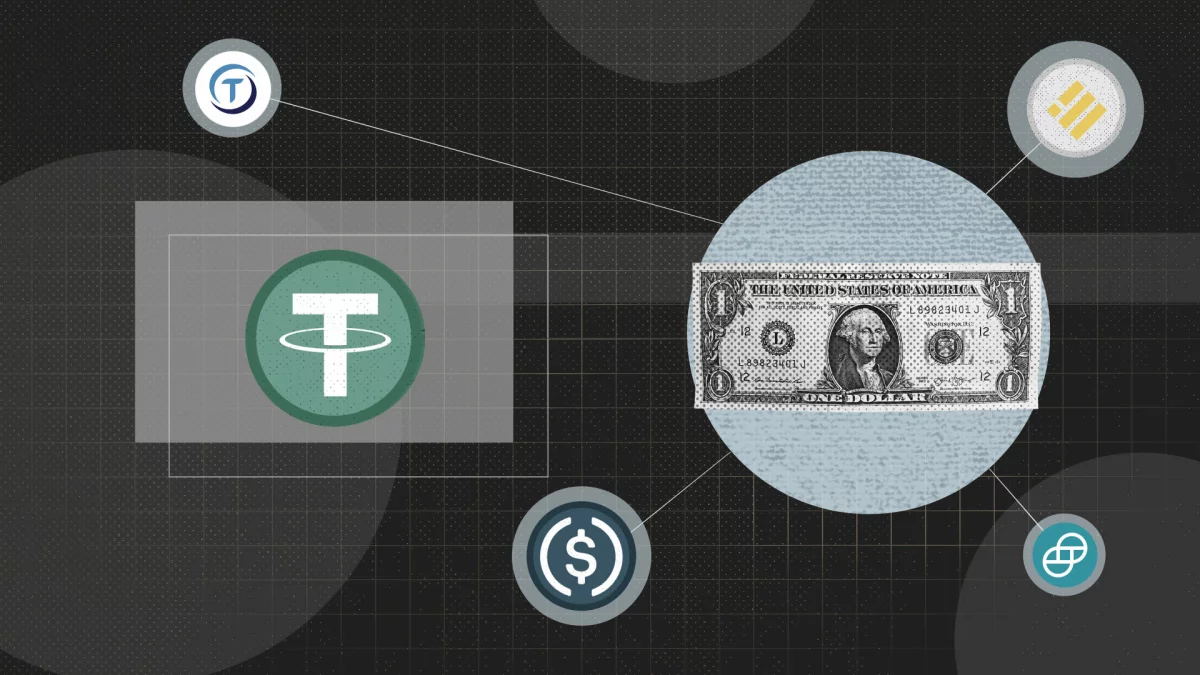Effective Time Management for Remote Work
Working remotely presents a unique set of challenges and distractions that can disrupt productivity and work-life balance if not appropriately addressed. Therefore, managing time effectively is crucial for achieving optimal performance while working remotely. Let's discuss some strategies and tools that can help employees master the skill of time management.
Creating a Consistent Routine
When working from home, it's easy to lose track of time and fall into irregular habits. To avoid this, establishing a regular routine is key. It is important to set consistent wake-up times, work hours, meal times, and relaxation times. It provides a structure and helps in separating work-life from personal life. Additionally, it ensures that employees do not overwork and suffer from burnout.
Eliminating Distractions
Distractions can be a significant issue when working remotely. Web browsing, social media apps, or household chores can easily take away valuable work time. One solution to this problem is designating a specific area in the house as a 'work-only' space. This helps the mind to associate this space with work and hence, increases focus and productivity.
Setting Goals and Priorities
Setting daily, weekly, or monthly goals can also improve time management. The practice of writing down tasks to be accomplished helps in staying organized and maintains focus on priorities. The 'Pomodoro Technique' is an effective tool in this aspect. It involves breaking work into 25-minute intervals with short breaks in-between. This helps in avoiding burnout and maintaining high levels of productivity.
Using Technology Tools to Manage Time Effectively
There are several technology tools available that can aid in time management. Project management tools like Trello, Asana, or Slack help in organizing tasks, tracking progress, and facilitating communication within the team. Other options include Calendly for scheduling meetings, Google Drive for file management, and focus@will for background noise to enhance concentration.
Implementing Self-Care Practices
Lastly, don't forget the importance of self-care. Regular exercises, healthy meals, and sufficient sleep not only have a strong impact on our physical health but also enhance emotional well-being, creativity, and focus. Hence, making adequate time for self-care activities is a vital part of effective time management.
In conclusion, mastering time management in a remote work setting can be achieved by creating a consistent routine, eliminating distractions, setting goals, using appropriate technology tools, and practicing self-care. Remember, everyone has the same number of hours in a day; it's how you utilize them that sets you apart.










